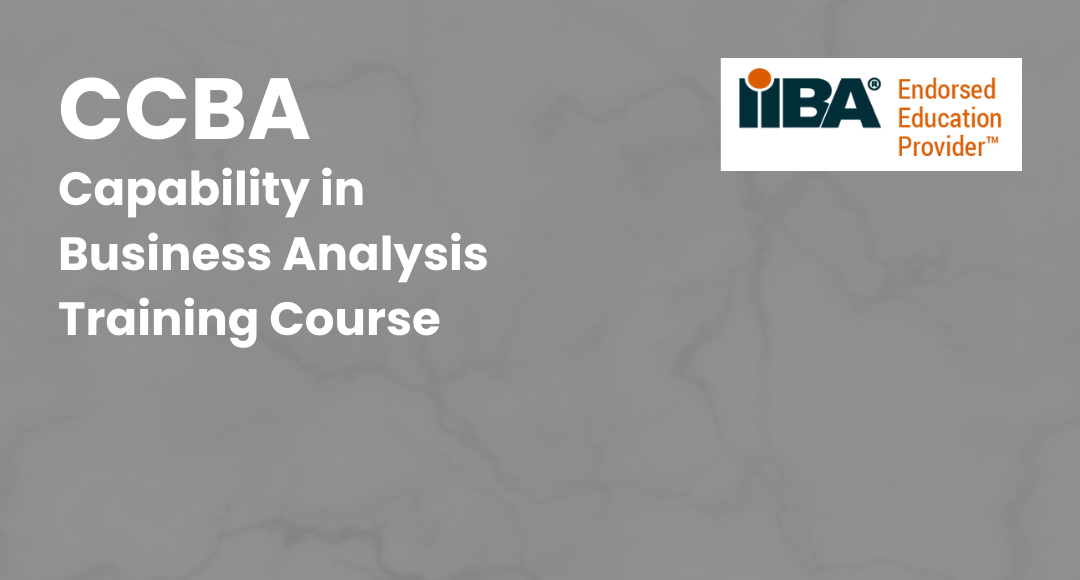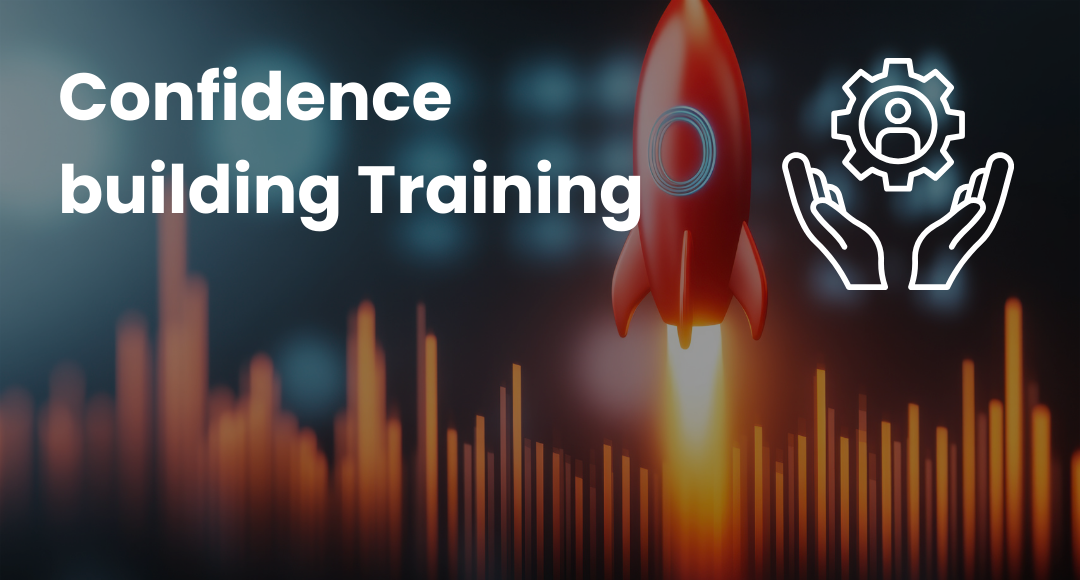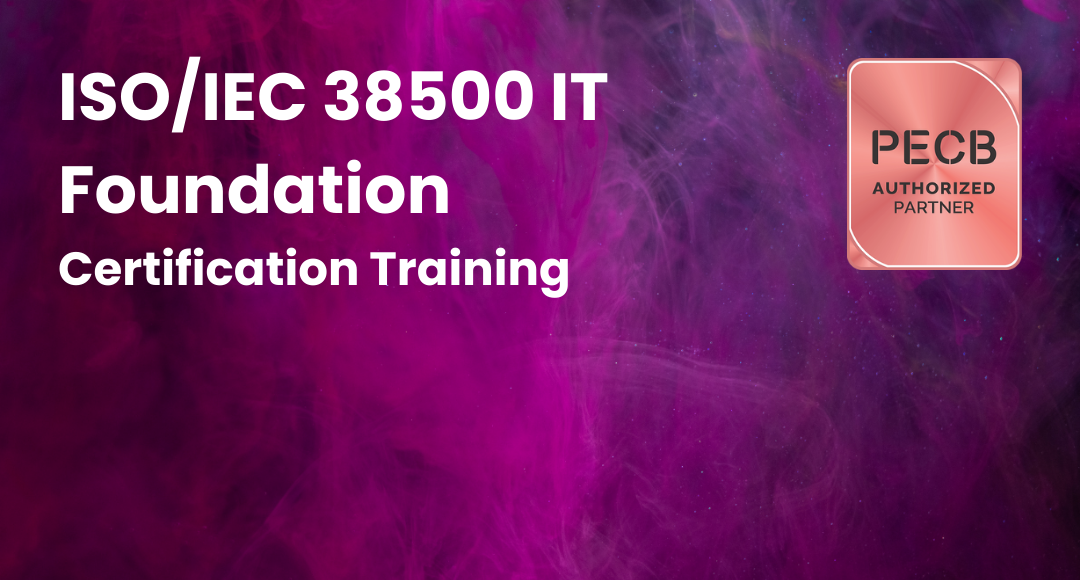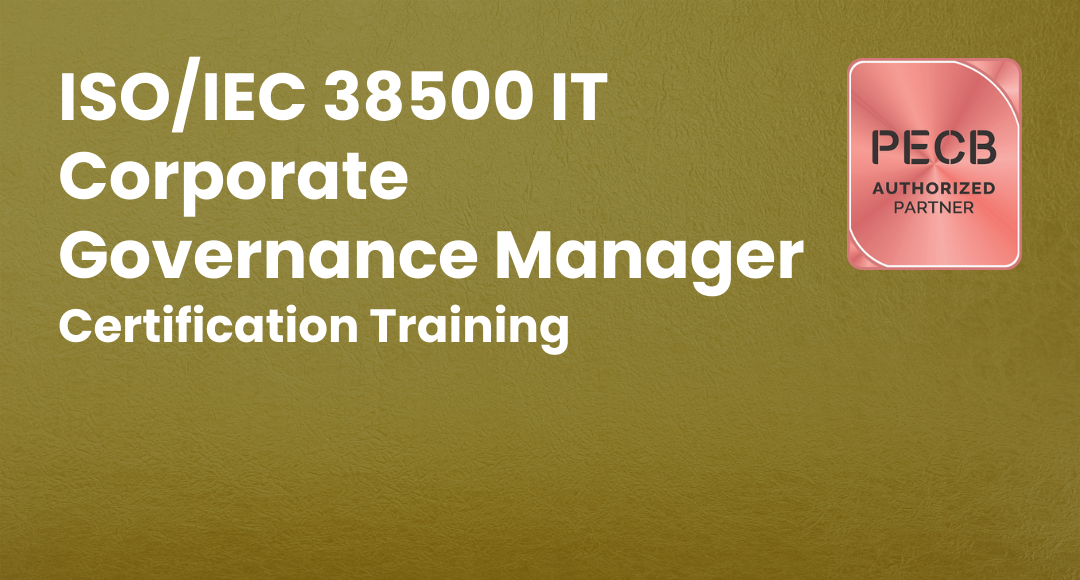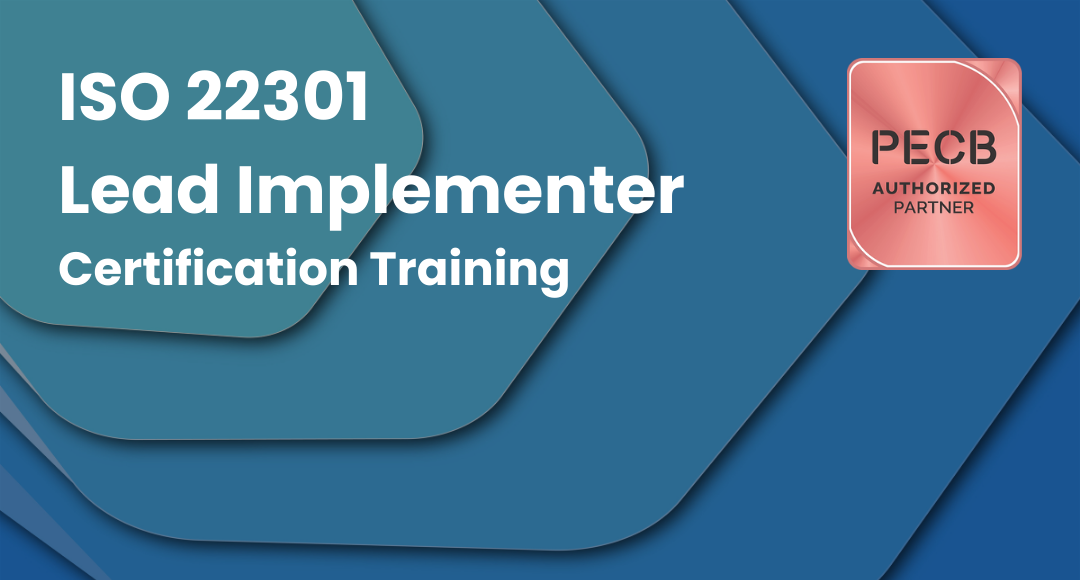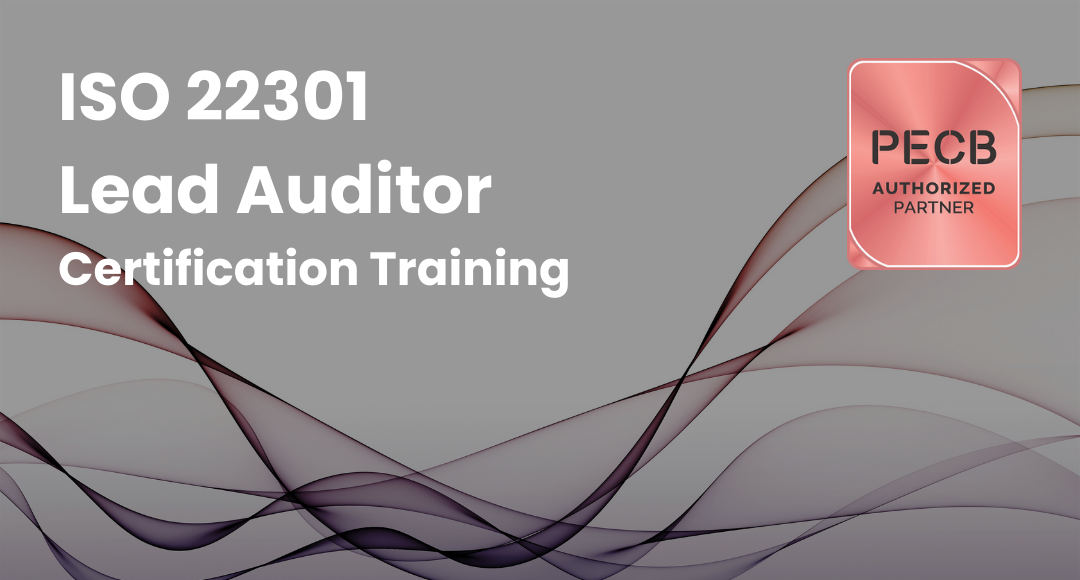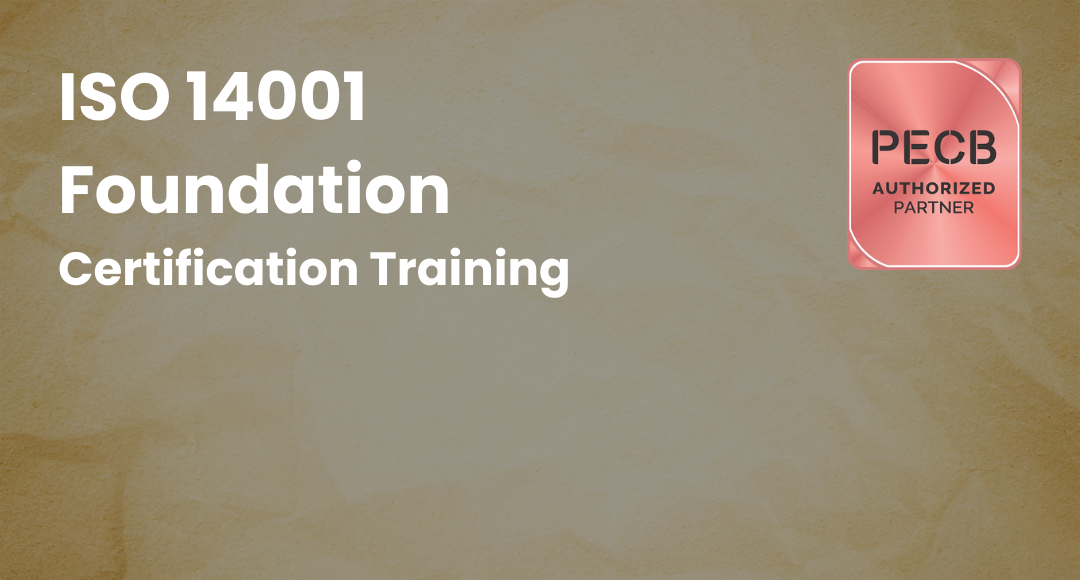Business Analyst Job Profile – Role, Skills and Challenges
-
 By Nchumbeni Yanthan
By Nchumbeni Yanthan
- Published on Sep 7 2023

Table of Contents
The Business Analyst Job Profile: A Brief Introduction
Business analysts (BAs) play an important role in achieving success in today's rapidly changing business environment, in which data drives decisions and innovative thinking drives growth. A business analyst job profile acts as a link between the technical and non-technical worlds, turning complex data into insights that enable organizations to make wise decisions.
In this article, we explore the realm of the business analyst job profile, clarifying key qualities, professional commitments, career paths, and a wealth of other insights.
Key Qualifications and Skills of a Business Analyst
Becoming a proficient Business Analyst requires a unique blend of qualifications and business analyst skills that enable professionals to excel in their business analyst job profile role. From mastering the art of data analysis to fostering effective communication, here's a detailed look at the essential qualifications and skills that set Business Analysts on the path to success.

Educational Background
While there isn't a specific academic path carved out for business analyst job profile, a strong educational foundation can provide a competitive edge. Many successful BAs hold degrees in fields such as:
Business Administration: A degree in business administration equips BAs with a solid understanding of business principles, management, and strategy.
Economics: An economics background provides a deep understanding of market dynamics for analyzing trends and making informed business decisions.
Information Technology: For BAs who operate in tech-driven industries, an IT-related degree can be beneficial in understanding complex systems and software.
Engineering: Engineering graduates often possess strong problem-solving skills and analytical thinking, making them well-suited for the business analyst job role, especially in technical domains.
Analytical Skills
The business analyst work profile involves excelling in data analysis, trend identification, and deriving insights to inform strategic decisions. Core skills include:
Data Interpretation: BAs decode datasets, spot patterns, and draw conclusions for decision-making.
Quantitative Analysis: BAs apply statistical methods, to analyze data and construct models.
Communication Skills
Effective communication is crucial for a business analyst job profile. They bridge technical and non-technical gaps, simplifying complex ideas. Key abilities:
Stakeholder Engagement: BAs connect with stakeholders, understanding needs and updating effectively.
Presentation Mastery: Conveying complex information through clear presentations is vital for diverse audiences.
Technical Acumen
While coding isn't mandatory, tech understanding is advantageous. Proficiency in Excel, SQL, and data visualization tools empowers data manipulation.
Domain Understanding
Comprehending the operating domain is critical. Domain knowledge contextualizes data, anticipates trends, and aligns insights with business goals.
Problem-Solving
BAs excel as problem solvers. They dissect complexities, develop hypotheses, and innovate solutions driving business success.
Adaptability and Learning
In the ever-evolving business landscape, adaptability and learning are vital. Staying updated ensures insights remain impactful.
Certifications
While optional, certifications validate expertise and growth commitment. Notable ones include:
Certified Business Analysis Professional (CBAP): Showcases advanced BA skills.
Project Management Professional (PMP): Beneficial for project management-aligned BAs.
Duties and Responsibilities - Business Analyst Job Profile
The success of the organization depends on the multi-faceted and vibrant role of the management consultant (BA). By navigating businesses through the complexities of data, processes, and strategy, Business Analysts serve as guidelines for the business analyst job profile.
In this section, we delve deeper into the core duties and responsibilities that define the realm of a Business Analyst.

Requirement Elicitation and Documentation
At the heart of a Business Analyst's responsibilities lies the task of gathering and documenting requirements from various stakeholders. BAs conduct interviews, workshops, and surveys to understand business needs, translating them into clear and actionable specifications. This process ensures that all parties involved have a unified understanding of project objectives.
Data Analysis and Interpretation
The BA job profile involves Business Analysts being adept at wrangling data to extract meaningful insights. They utilize analytical techniques to dissect large datasets, identify trends, and provide data-driven recommendations. By transforming raw data into actionable information, professionals in the BA job profile enable organizations to make informed decisions.
Process Analysis and Improvement
BAs scrutinize existing business processes to identify inefficiencies and opportunities for improvement. Through careful analysis, they pinpoint bottlenecks, redundancies, and areas where workflows can be optimized. By proposing and implementing process enhancements, BAs contribute to increased efficiency and reduced operational costs.
Solution Design and Specification
Collaborating closely with technical teams, BAs play a pivotal role in designing solutions that align with business requirements. They create detailed specifications, including user stories and functional requirements, ensuring that software development or system implementations meet organizational needs.
Change Management and User Adoption
Introducing new processes or systems often necessitates change management. Business Analysts facilitate seamless transitions by crafting communication plans, addressing user concerns, and providing training. Ensuring smooth user adoption is essential for maximizing the value of new initiatives.
Project Coordination and Management
The business analytics job profile of Business Analysts frequently involves acting as project coordinators, adeptly bridging communication gaps between various teams and stakeholders.
They define timelines, oversee project advancement, and ensure the alignment of deliverables with established targets. Effective project management plays a vital role in ensuring the proficient execution and realization of objectives and initiatives.
Collaboration and Stakeholder Engagement
A significant portion of a BA's role involves fostering collaboration and engaging stakeholders. BAs act as liaisons between technical and non-technical teams, ensuring that all parties are aligned and informed. This collaboration facilitates the successful execution of projects and the attainment of business objectives.
Risk Assessment and Mitigation
Identifying potential risks and devising strategies to mitigate them is a critical aspect of the BA role. By conducting risk assessments, BAs help organizations proactively address challenges, ensuring that projects are resilient to unforeseen obstacles.
Documentation and Knowledge Management
Thorough documentation is the backbone of successful projects. BAs meticulously capture requirements, specifications, and project details, creating a repository of knowledge that aids in decision-making, future planning, and continuous improvement.
Continuous Learning and Professional Development
In the dynamic realm of business and technology, professionals in the business analyst profile must dedicate themselves to continuous learning. They diligently stay abreast of industry trends, emerging technologies, and evolving methodologies to ensure their lasting value.
Business Analysts have a wide range of duties. They grasp, dissect, and refine business processes. With their analytical, communication, and project management skills, they foster growth, innovation, and triumph. As business evolves, Business Analysts continue to play a vital role, steering organizations toward informed, data-driven choices.
Industries and Domains
The versatility of a business analyst job profile's skill set enables them to thrive across a wide array of industries and domains. From finance to healthcare, retail to technology, BAs contribute their expertise to drive success:
Finance and Banking
In the finance sector, BAs analyze market trends, optimize investment portfolios, and ensure regulatory compliance. They develop financial models and risk assessment strategies that guide decision-making.
Healthcare
BAs in healthcare focus on optimizing patient care, streamlining operations, and implementing electronic health record systems. They collaborate with medical professionals and IT teams to enhance patient outcomes.
Retail and E-commerce
BAs in retail analyze consumer behavior, forecast demand, and improve supply chain management. They contribute to enhancing the customer experience and optimizing inventory levels.
Technology
In the tech industry, BAs play a critical role in software development projects. They gather user requirements, create functional specifications, and ensure that software aligns with business objectives.
Manufacturing
BAs in manufacturing enhance production processes, reduce waste, and optimize supply chain logistics. They contribute to improving operational efficiency and maintaining quality standards.
Career Path and Growth Opportunities
The journey of a Business Analyst is characterized by continuous learning and diverse career trajectories. BAs often advance into leadership roles, leveraging their expertise and experience. Common BA career paths include:
Senior BA: Lead projects, mentor, and shape strategies.
Product Manager: Innovate, launch, and meet market needs.
Data Scientist: Dive into data, model predictions, and inform strategies.
Project Manager: Lead cross-functional teams and drive projects.
Management Consultant: Offer expert advice, elevate operations, and guide success.
Challenges and Best Practices
While the role of a business analyst job profile is rewarding, it comes with its share of challenges. Successful BAs employ best practices to overcome obstacles and drive impactful results:
Managing Expectations
Balancing stakeholders' expectations and project constraints can be challenging. Clear communication and setting realistic expectations are crucial for project success.
Adapting to Change
In today's fast-paced business environment, change is constant. BAs must be adaptable and open to embracing new technologies, methodologies, and processes.
Conflict Resolution
Collaboration often involves differing opinions. BAs mediate conflicts by actively listening, facilitating discussions, and finding common ground.
Continuous Learning
Staying current with industry trends and technological advancements is a constant endeavor. BAs dedicate time to upskilling and pursuing certifications to remain competitive.
Conclusion
In the realm of modern business, where data is the currency of choice, Business Analysts emerge as architects of informed decision-making. Armed with a diverse skill set, BAs bridge the gap between data and strategy, ensuring that organizations thrive in a data-driven world. From analyzing trends to optimizing processes, their contributions are integral to achieving business analyst job profile success.
As industries evolve and technology advances, the role of a Business Analyst remains ever-relevant, shaping the future of enterprises worldwide. Embracing this dynamic role opens doors to a world of opportunities and continuous growth, making it a promising and rewarding career path for those who dare to tread its insightful and transformative business analyst job profile path.
Utilize these insights within your professional trajectory and contemplate enrolling in a program such as Business Management Training. Don't miss out on valuable insights and updates with our comprehensive courses on your interests! Subscribe to Sprintzeal's newsletters and ebooks today, and stay ahead in your journey towards success.
Popular Programs
ISO/IEC 38500 IT Corporate Governance Manager
Live Virtual Training
- 4.6 (650 + Ratings)
- 59k + Learners
ISO/IEC 38500 Lead IT Corporate Governance Manager
Live Virtual Training
- 4.9 (650 + Ratings)
- 7k + Learners
Trending Posts
Turning workforce data into actionable insights
Last updated on Dec 3 2025
How Disney's Success Story Became a Global Entertainment Powerhouse?
Last updated on Jan 16 2025
Business Analyst Skills List 2026
Last updated on Aug 9 2024
Why Manual Accounts Payable Fails at Enterprise Scale—and How Automation Performs
Last updated on Dec 26 2025
The Best 3D Architectural Rendering Companies
Last updated on Sep 26 2025
Maximize ROI: Why Quality Video Animation Services Matter
Last updated on Jun 30 2025
Categories
- Other 88
- Agile Management 48
- Cloud Computing 58
- Project Management 175
- Data Science 71
- Business Management 89
- Digital Marketing 89
- IT Service Management 36
- Programming Language 61
- AI and Machine Learning 94
- IT Security 113
- Quality Management 78
- IT Hardware and Networking 28
- Microsoft Program 5
- Workplace Skill Building 15
- Risk Management 10
- Information Security 8
- Leadership and Management 10
- Corporate Training and Development 1
Trending Now
Process Maps - How to Create and Use Them
ebook11 Best Business Blogs 2026 (UPDATED)
ebookCBAP Certification Exam Preparation Guide 2026
ebookBusiness analyst career path in 2026
ebookCCBA Certification Career Transformation Guide
ebookUpdated Business Analyst Interview Questions and Answers 2026
ebookTop Salesforce Interview Questions and Answers 2026
ebookWhat Is Business Continuity Planning?
ebookBusiness Analysis Certifications 2026
ebookBusiness Process Mapping Guide for Beginners
ebookBusiness Analyst Skills List 2026
ebookWhat is Business Analysis - A Complete Guide
ebookRemote Working Methods for 2026
ebookBest Business Analytics Tools in 2026
ebookWhat is Salesforce? A Beginner's Guide
ebookWhat is Digital Business? An Introduction
ebookBusiness Analyst Job Requirements - Qualifications and Skills
ebookTypes of Business Analyst Roles in 2026 – Responsibilities and Earnings
ebookBusiness Analyst Qualifications and Skills in 2026
ebookBusiness Analyst Career Road Map Explained
ebookHow to Become a Business Analyst: Step-by-Step Guide
ArticleBusiness Analyst Job Description - Key Role and Responsibilities
ebookBusiness Analyst Career Guide 2026
ebookWhy Become a Business Analyst in 2026: Top Reasons and Scope
ArticleFundamentals of Business Impact Analysis (BIA): Best Practices to Implement
ArticleBenefits of ISO 26000 for Strengthening Business Continuity
ebookThe Essential Guide to ISO Standards in Business Management
ArticlePrinciples of ISO 14001 Foundation
ArticleUnderstanding ISO/IEC 38500 IT Foundation and its application
ArticleTop Professional Business Certifications Trending in 2026
ArticleSteps to Implementing ISO 22301 Foundation: A Complete Guide
ebookUnderstanding ISO 37101 Foundation and Its Role in Sustainable Development
Article7 Core Principles of ISO 26000: A Guide to Ethical Organizational Practices
ebookThe Reason For The Fall Of BlackBerry
ArticleGoogle and Innovation: What Makes it Most Innovative?
ArticleBest Business Analysis Books You Need to Read in 2026
ArticleWhat is MBA in HR: Overview, Scope and Benefits
ArticleHow to Become a Product Manager: A Step-by-Step Guide
ArticleWhy Reliance Industries is a Global Giant?
ArticleTata Growth and Global Success: Best Lessons and Their Impact
ArticleMost Sold Ford Car: Global Rankings and Success Insights
ArticleHow Disney's Success Story Became a Global Entertainment Powerhouse?
Article4 Proven Approches to Build a Strong LinkedIn Community
ArticleHow to Write an Executive Summary for a Business Plan?
ArticleEssential Business Tools Every Female Founder Should Have
ArticleThe Role of Technology in Scaling a Small Business
ArticleMastering Student Finances with AI: The Ultimate Guide for Comfortable Living
ArticleBusiness Automation: Reshaping Modern Enterprises
ArticleThe ROI of Automated Invoice Processing: What Can Your Company Save?
ArticleCareer Opportunities After a Distance MBA in India
ArticleModeling Business Processes in Law Firms: Optimization Through Modern Technologies
ArticleBoosting E-Learning Visibility with SEO and Video Translation Strategies
ArticleBuild a Store That Sells: E-commerce Essentials Explained
ArticleMaximizing E-Commerce Efficiency: Top Plugins Every Online Store Needs
ArticleMastering Digital Communication: Tools That Redefine Transparency in Teams
ArticleWhat Is HubSpot CRM & Why Should You Choose It For Your Business?
ArticleHow Does Personalization Impact Cold Email Success?
ArticleThe 5 Best Lead Finder Tools for Brand Collaborations
ArticleThe Complete Guide to Bootstrapping Your SaaS
ArticleHow to Build a One-Person Business Like a Team of Ten? Bloggervoice
ArticleMaximize ROI: Why Quality Video Animation Services Matter
Article6 Digital Tools Every Solo Founder Should Be Using by Now
ArticleHandle Sales, Tax, and Inventory Seamlessly with Billing Software for PC
ArticleTax Saving Options for Working Individuals in 2026
ArticleHow to Use AI Video Generators and Online Video Translators to Grow an International Audience
ArticleBest Accounting Software For Etsy Bookkeeping
ArticleOutsourcing: Everything You Need to Know
ArticleIn-House vs. Outsourced AI Development: Finding the Right Balance
ArticleAffordable Asset Management Software for Small Teams
ArticleFrom Delays to Instant Approvals: The Power of Real-Time Insurance in Labs
Article3 Best Video Meeting Tools to Simplify Remote Work and Hybrid Teams
Article5 Top Accounting Software Options for Construction Firms
Article5 Best Debt Collection Tools for Faster Payments and Scalable Growth
ArticleWhy Manufacturers Should Invest in Both Machines and People
ArticleMBA Interview Questions and Answers Guide 2026
ArticleTop 8 Tools for WhatsApp And HubSpot Integration in 2026
ArticleThe Future of Networking and CRM: Building Stronger Business Connections
ArticleThe Best 3D Architectural Rendering Companies
ArticleMastering Your Sales Funnel to Maximize Every Conversion
ArticleMastering the Art of Interpersonal Communication
ArticleITAM and Finance: Depreciation, GL Mapping, and Audit-Ready Records
Article8 Best Cost-Effective ISO 27001 Compliance Solutions for 2026
ArticleWhy Your Business Really Needs a Shopify Consultation
ArticleTurning workforce data into actionable insights
ArticleSteps to Become an Investment Banker—Skills & Career Guide
ArticleBusiness Loan Comparison Calculator: How to Pick the Right Financing in Minutes
ArticleWhy Manual Accounts Payable Fails at Enterprise Scale—and How Automation Performs
ArticleTop MBA Degrees in San Francisco
Article


